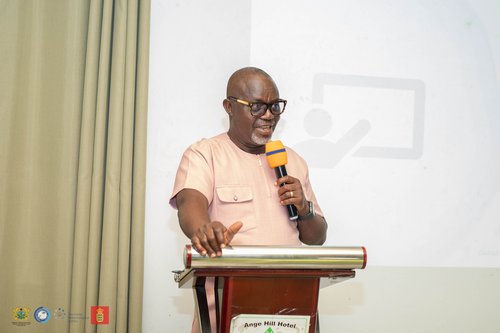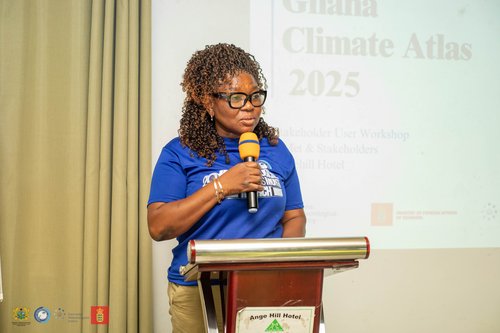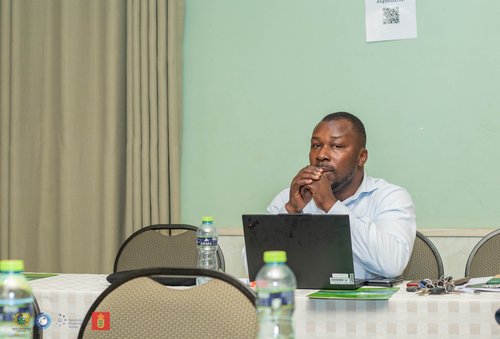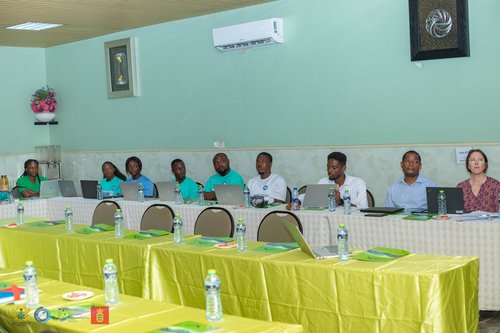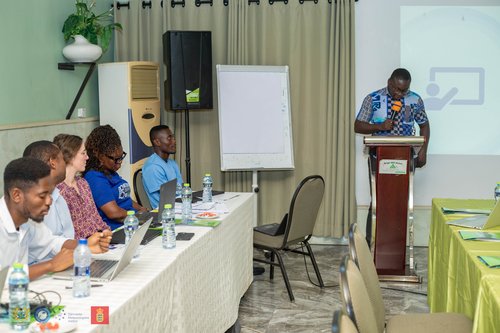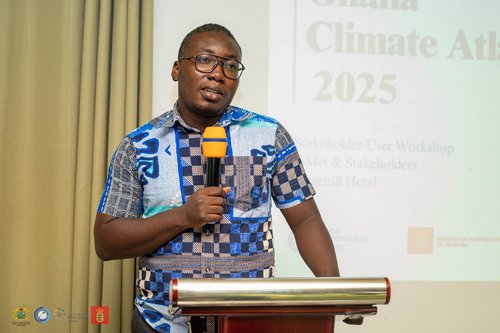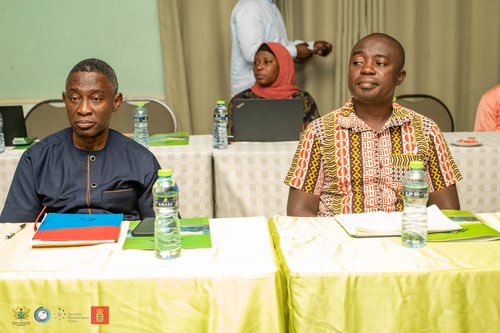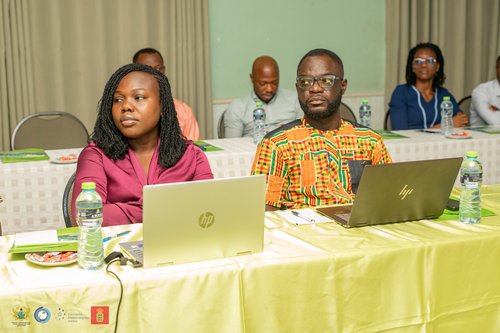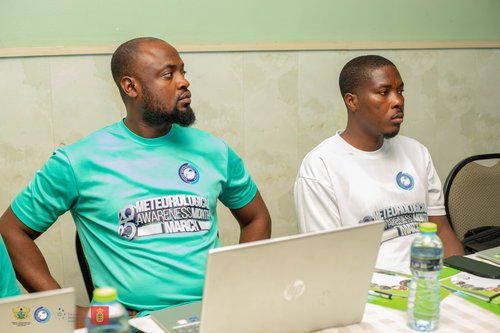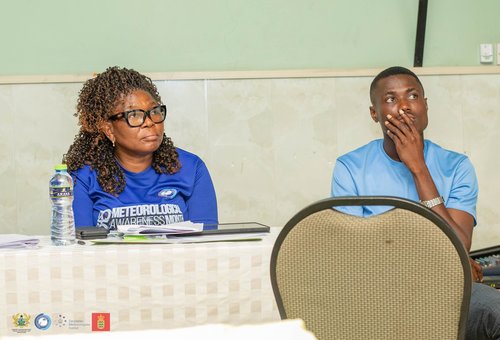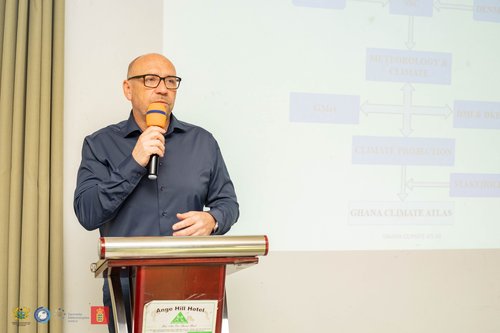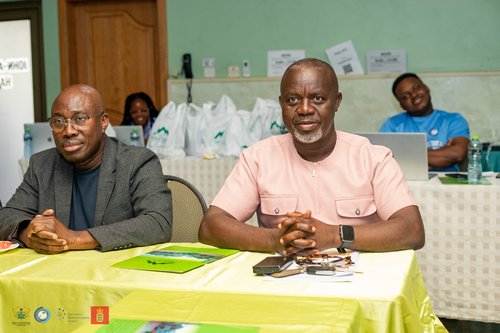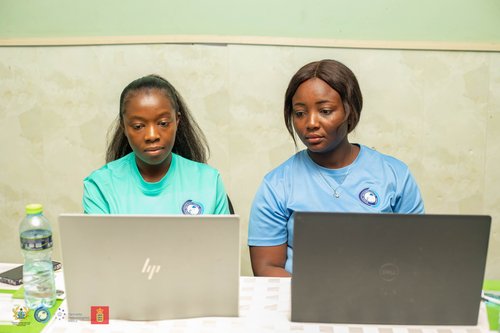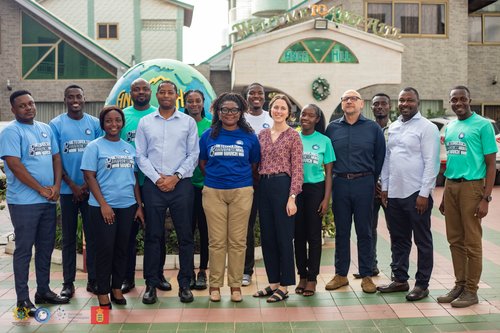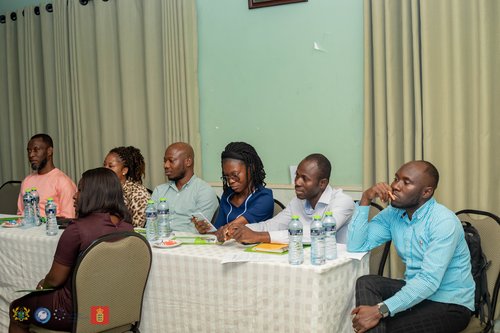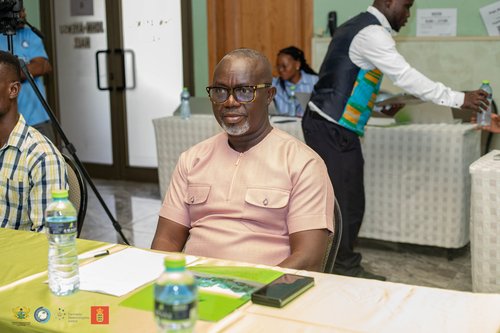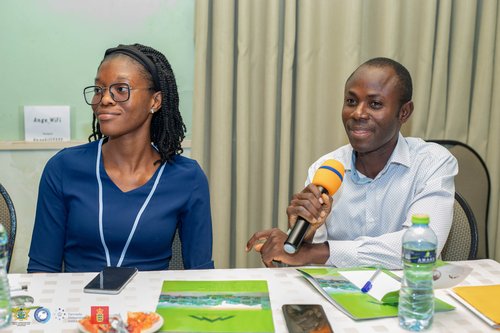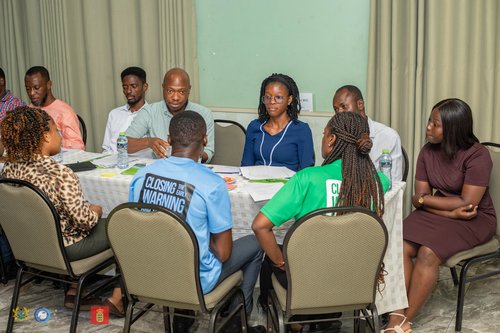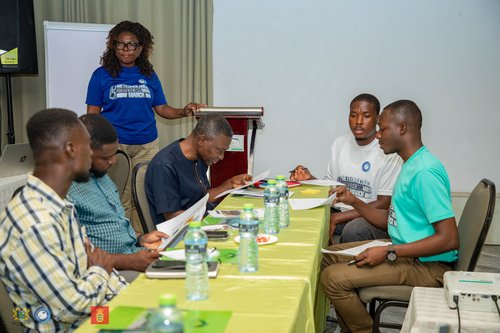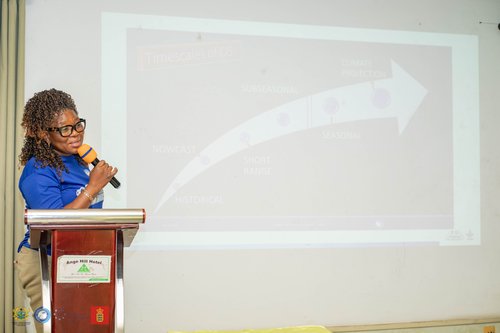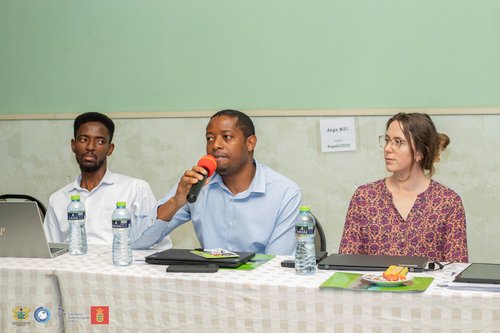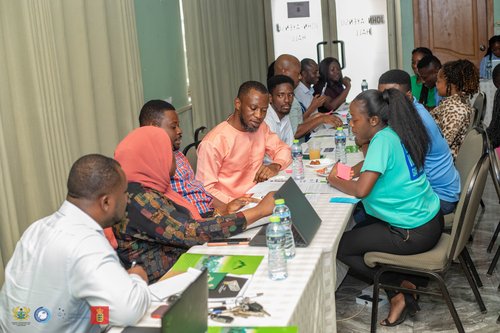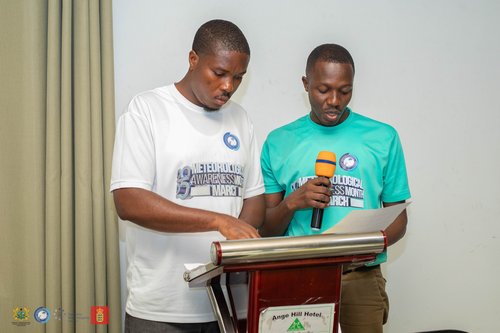Ghana Meteorological Agency Engages Stakeholders on Ghana’s Climate Atlas
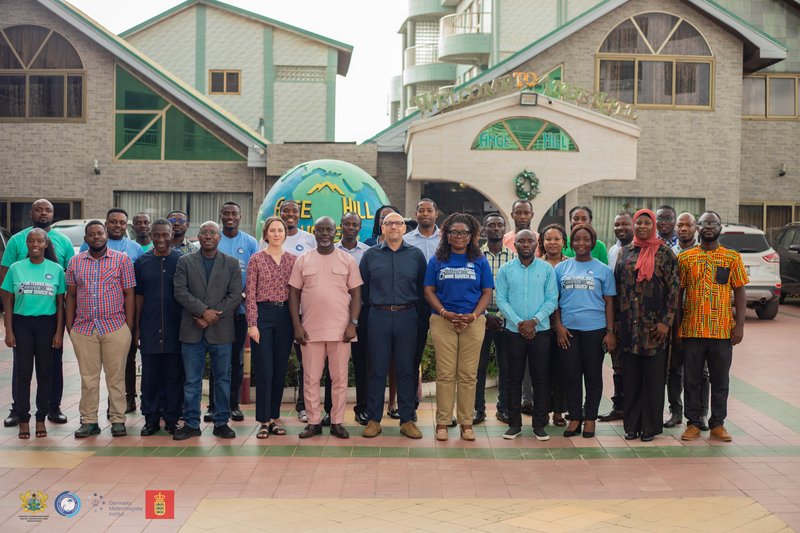
The Ghana Meteorological Agency (GMet) hosted a stakeholder consultation workshop on March 27, 2025, to discuss the development of Ghana’s Climate Atlas. This initiative, undertaken in collaboration with the Danish Meteorological Institute (DMI) and the Danish Embassy in Accra (DKEMB) under the Strategic Sector Cooperation (SSC) framework, aims to strengthen GMet’s capacity in providing authoritative climate projections and information.
The Ghana Climate Atlas is designed to serve as a climate service tool that integrates observed climate data with future projections, offering decision-makers valuable insights for climate adaptation and mitigation planning. The workshop provided an opportunity to present the initial results of the atlas and gather feedback from key stakeholders across sectors, including academia, water resources, agriculture, hydrology, and climate change.
Addressing participants, the Director-General of GMet, Dr. Eric Asuman, emphasized the importance of stakeholder engagement in shaping the Climate Atlas. “Based on your input and feedback today, we will assess which needs are scientifically durable and when they can be addressed. While we cannot work on everything at the same time, stakeholders can expect to be continually involved in co-designing the atlas,” he noted. He further highlighted GMet’s goal of refining the Climate Atlas to provide district-level insights and incorporating extreme climate values.
In presenting the report, Mrs. Francisca Martey, Deputy Director of Research and Applied Meteorology, outlined the methodology used in developing the Climate Atlas. She explained that it combines global and regional models with CORDEX to provide climate projections across three emission scenarios. She also walked stakeholders through the primary indicators—temperature, rainfall, and sea level rise and demonstrated how they could access the Climate Atlas via GMet’s website.
The workshop marked an important step toward ensuring that Ghana’s Climate Atlas remains a relevant tool for climate adaptation. Stakeholders will continue to play a role in refining the atlas to support informed decision-making at local, regional, and national levels. By integrating scientific research with sector-based input, GMet aims to enhance Ghana’s resilience to climate change and provide a foundation for sustainable development planning.
©️GMet Communications
